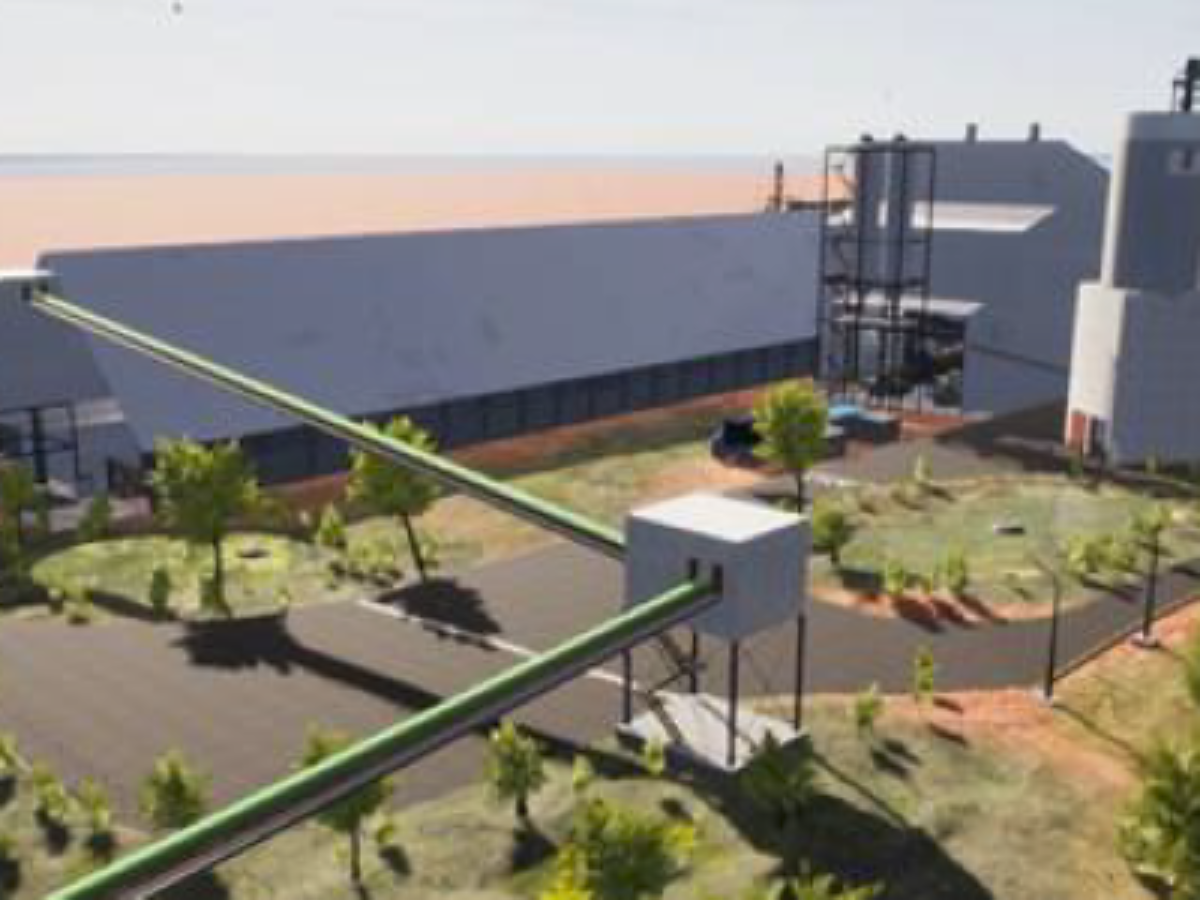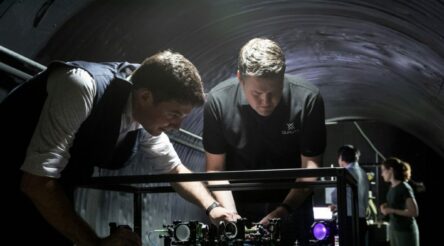Manufacturing news briefs — stories you might have missed

Micro-X wins international design award
X-ray company Micro-X has won an internationally-renowned iF Design Award for its Argus X-ray Camera. According to a statement from the Adelaide-based company, Argus won over the 133-member jury, made up of independent experts from all over the world, for its high impact in transforming stand-off imaging capability for bomb search and detection. The award was granted for the discipline ‘Product’ in the category ‘Industry/Tools’. Argus “provides the unique flexibility of both high-definition backscatter x-ray and traditional transmission x-ray to diagnose conventional and improvised threats,” said Micro-X.
Swinburne bioinspired nanomaterials research awarded support
Researchers from Swinburne University of Technology are part of an international team developing novel materials with potential applications in fields ranging from drug delivery to materials science. Professor Peter Kingshott leads a team that secured a large, multi-institutional grant through the AUSMURI program, a joint initiative of the US Department of Defense and Australia’s Department of Defence. Kingshott described the project as unique and bringing together “a highly complementary team of experts where the possibilities for major breakthroughs in materials science are enormous.” The team will use “nanoparticle origami” or nanoparticle self-assembly, modifying nanoparticles with complex chemistries that can be used in the creation of new materials when stimulated with light or magnetic fields. The total project funding is $US8.5 million, with researchers from Swinburne the University of Sydney and the University of Melbourne, and Colombia University, Johns Hopkins University, University of Michigan and University of Wisconsin-Madison in the US.
Sparc Technologies Receives $934,000 R&D Tax Incentive
Sparc Technologies Limited has told shareholders that it has received a research and development (R&D) tax refund totalling $934,195 as part of the federal government's R&D tax incentive, relating to the 2022 financial year. The refund, along with the anticipated refund for the upcoming fiscal year of 2023, would provide “continued support for Sparc's work on projects involving graphene, green hydrogen, and sustainable batteries.” The R&D Tax Incentive scheme is a program jointly administered by the Australian Taxation Office and AusIndustry, with eligible companies able to receive up to a 48.5 per cent refundable tax offset of eligible expenses on research and development activities. Sparc added that it will be lodging the R&D claim for the 2023 financial year. reflecting a continued R&D spend.
Adbri's Kwinana plant upgrade soars in cost
Building products group Adbri has released new cost estimates for the completion of the upgrade to its Kwinana, Western Australia cement plant (pictured), which brings two manufacturing sites into one, that are double the originally estimated cost. The company said that a detailed engineering, schedule and budget study estimated the capital cost to complete the project was between $185 million and $220 million. This takes the current cost estimate to between $385 million and $420 million, compared to original estimates of $200 million. Adbri has spend $142 million so far. CEO Mark Irwin said: “While we are disappointed the project cost is materially higher than initially forecast, we remain confident the Kwinana upgrade will support solid returns over the long term…We also expect to deliver greater operational savings that originally forecast.” Adbri blamed escalating construction costs, labour constraints and supply chain challenges, as well as a need for greater structural and piping quantities than originally anticipated.
IDT reports growth and positive outlook
Drug developer and manufacturer IDT Australia has reported latest-quarter sales up 26 percent to $2.1 million as it executes on a turnaround strategy. Most of the increase is driven by specialty oral product sales due to growth in medicinal cannabis and the opening of the psychedelics market. The company expects further growth with the Australian regulator requiring medicinal cannabis manufacturers to comply with Good Manufacturing Practice (GMP) standards from 1 July, 2023. According to IDT: “This essentially locks low-cost manufacturers out of the Australian market and may encourage more medicinal cannabis growers to use IDT's services, given their legal liability for not conforming to the new Therapeutic Goods Administration requirements.” IDT also has all the necessary licences need to manufacture the two classes of psychoactive substances permitted to be prescribed by psychiatrists, MDMA and psilocybin.
BAE Systems takes on record apprentice numbers
BAE Systems Australia has welcomed its largest group of aerospace apprentices and first cohort of trainee aircraft engineers as the company expands its sustainment operations in response to the Royal Australian Air Force’s growing F-35 fleet and the Hawk Lead-In Fighter training aircraft. The 2023 intake has tripled to include 18 apprentices and seven aircraft engineers working at the company’s Williamtown, NSW and Pearce, Western Australia sites taking the total number of apprentices across the company's aerospace business to 30. A number of the new recruits met with the Minister for Training and Skills Brendan O’Connor when he visited BAE Systems Williamtown facilities, north of Newcastle this week. The students will undertake theoretical study before commencing the practical component of their certification with BAE Systems. Once qualified, the apprentices and aircraft engineers will be equipped with the skills required to maintain and sustain the Hawk Lead-In Fighter and F-35, which play a critical role in the capability of the RAAF.
Picture: Adbri/Kwinana upgrade
Topics Defence Manufacturing News
@aumanufacturing Sections
Analysis and Commentary Awards casino reviews Defence Gambling Manufacturing News Online Casino Podcast Technology Videos





